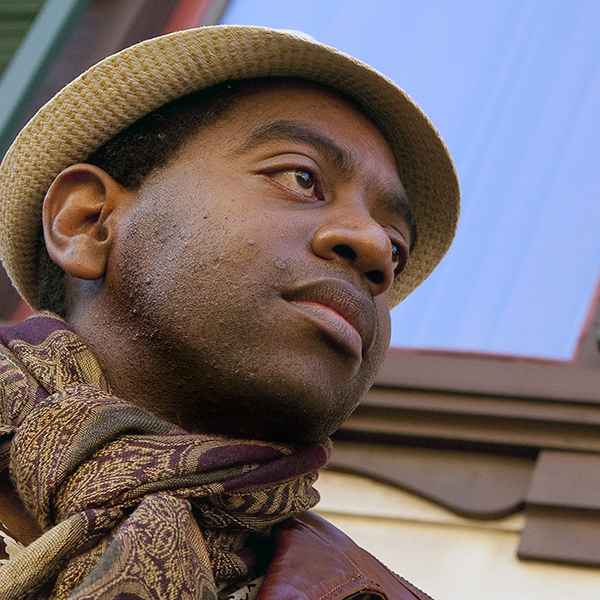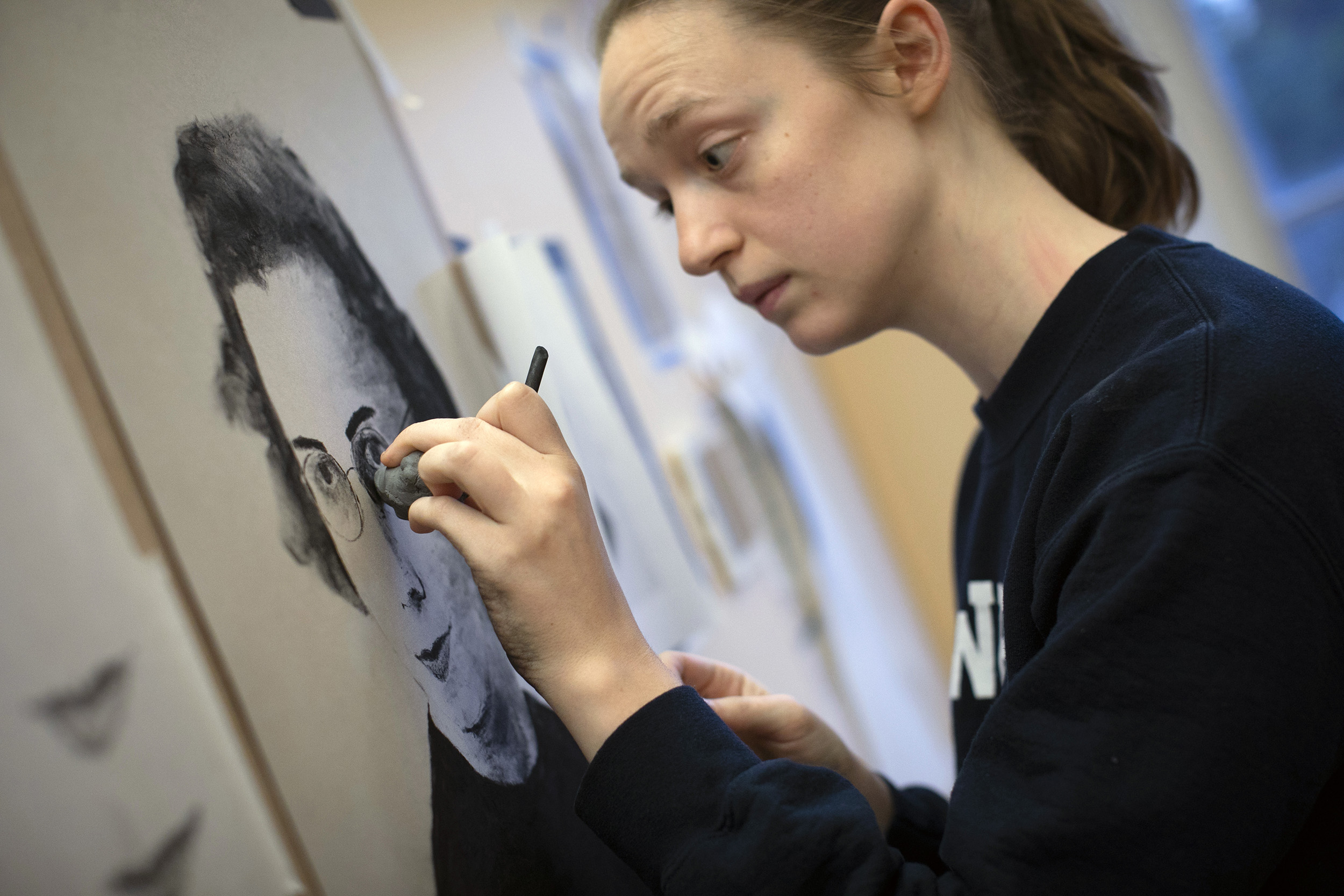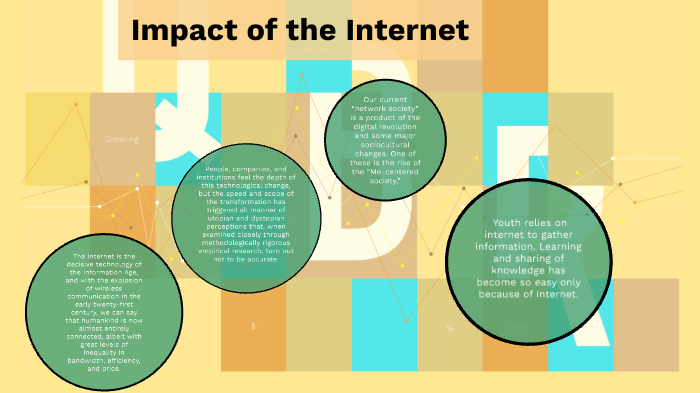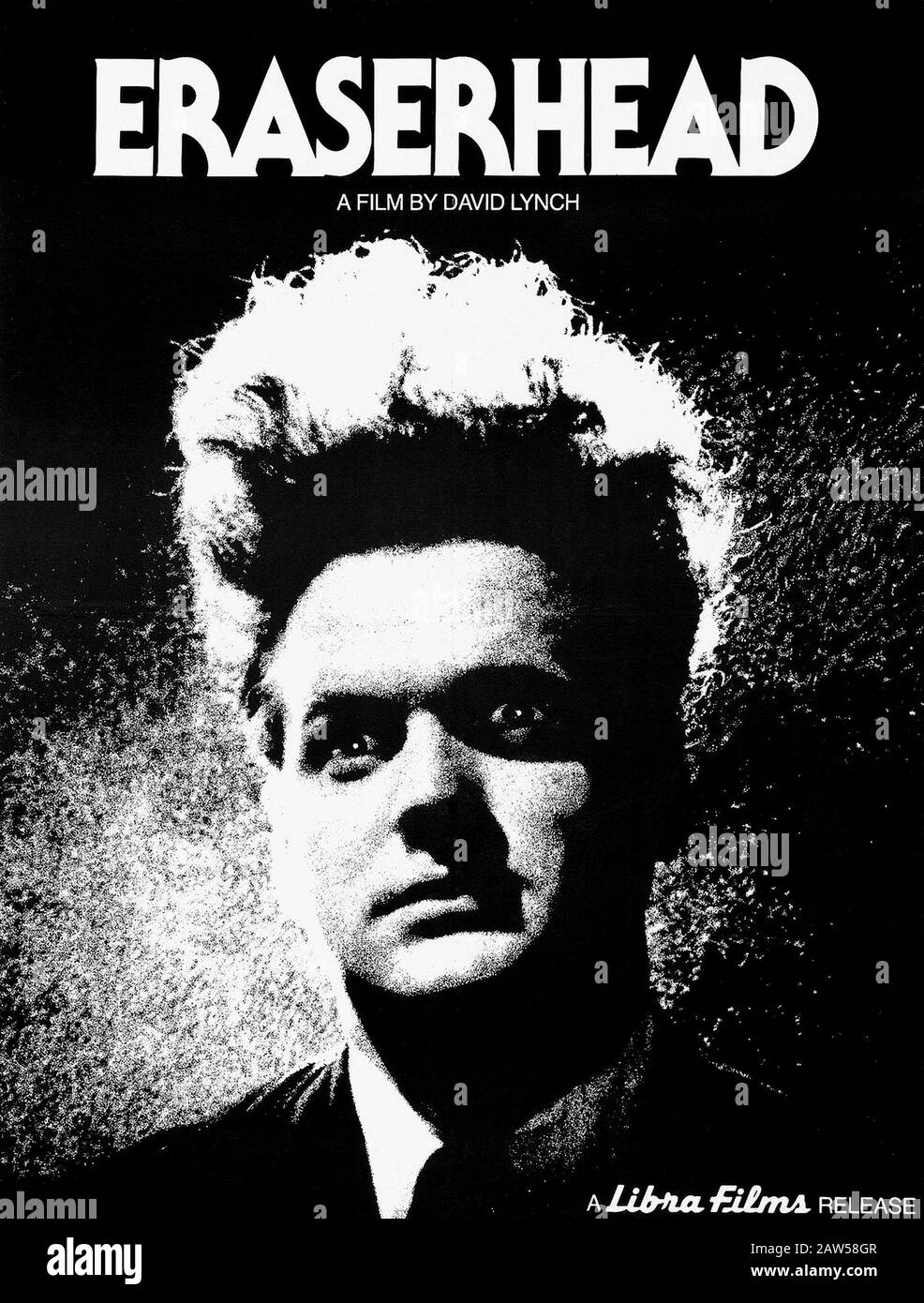Yosvany Terry is a dynamic figure in the world of music, renowned for his innovative fusion of Cuban music traditions with influences from West Africa. As a senior lecturer and director of the Harvard Jazz Ensembles, he passionately explores the connections between the musical heritage of Benin and the Caribbean, showcasing the rich cultural tapestry that informs his artistry. His research not only delves into the historical roots of modern jazz but also celebrates the impact of the African diaspora on various musical forms. Terry’s upcoming performance as part of the ArtsThursdays initiative promises to illuminate these discoveries, connecting the past and present through live music. With every note, Terry emphasizes the importance of safeguarding cultural identity through the powerful medium of sound, making his work a vital contribution to the arts community.
Engaging with Yosvany Terry’s artistic journey opens a window into the intricate relationship between African cultural practices and contemporary music. As an acclaimed educator and musician, Terry is committed to fostering a deeper understanding of how historical musical traditions influence modern compositions. His dedication to teaching, particularly within the Harvard Jazz Ensembles, demonstrates a profound commitment to cultural preservation through education. Upcoming performances, such as those at ArtsThursdays, serve not only as a platform for artistic expression but also as a means to engage audiences with the historical narratives embedded in music. Through his work, Terry invites both students and audiences alike to appreciate the vibrant heritage that shapes their musical identities.
Exploring Yosvany Terry’s Musical Journey
Yosvany Terry’s musical journey is an inspiring blend of his Cuban heritage and the rich traditions of West Africa. As a distinguished musician and composer, he actively engages in exploring the connections that exist between the musical styles of Benin and the Caribbean. This exploration is not just academic; it is an immersive experience that involves learning directly from practitioners of these traditions. Terry’s commitment to safeguarding these cultural treasures reflects in his performances and educational initiatives, ensuring that the next generation understands the profound influences that shape modern music today.
During his travels, Yosvany Terry has collaborated with various artists, creating an enriching environment where cultural exchange flourishes. His insights into the African diaspora’s influence on Cuban music significantly enhance the appreciation for these genres. By integrating traditional rhythms and melodies into original compositions, Terry not only showcases his roots but also educates his audience about the historical significance of these musical ties. His upcoming performance at Harvard is expected to bridge these cultural narratives, captivating attendees with a powerful demonstration of how history and art intersect.
The Impact of Cuban Musical Traditions
Cuban musical traditions, deeply rooted in African influences, have played a pivotal role in shaping genres like jazz and salsa. Yosvany Terry emphasizes the importance of understanding these roots to truly appreciate modern interpretations of such music. The rhythms that originated from West Africa preserved in Cuba reflect resilience and a strong cultural identity. By safeguarding these musical practices, musicians like Terry contribute significantly to the ongoing narrative of cultural survival and artistic expression.
Through his academic and performance work, Yosvany Terry not only keeps alive the musical threads of Cuba but also highlights the historical circumstances that allowed these cultures to interact and evolve. This understanding is vital for students and audiences alike, as it connects them to a broader understanding of music’s role in society. Educational programs he spearheads encourage an exploration of how individuals can use music as a form of resistance and identity expression, ultimately enlightening listeners about their cultural heritages.
West African Influence on Contemporary Jazz
The influence of West African musical traditions on contemporary jazz is profound and often underappreciated. Yosvany Terry, as the director of the Harvard Jazz Ensembles, integrates these elements into his teaching, drawing direct links between the past and present. His research in Benin reveals how instruments, scales, and rhythmic patterns from West Africa have trickled down into various music forms in the Americas. By exposing students to these authentic elements, he illuminates the path jazz has taken from its roots to modern-day adaptations that reflect diverse cultural backgrounds.
Terry’s dedication to exploring these connections not only enhances students’ understanding of jazz but also encourages them to appreciate the complexities of musical evolution. Workshops and performance opportunities illustrate the dynamic nature of jazz, allowing students to engage creatively with the influences of their predecessors. By studying West African rhythms alongside modern jazz, students develop a richer understanding of how cultural dialogues shape musical expression globally.
Yosvany Terry: Educator and Cultural Advocate
Beyond his career as a musician, Yosvany Terry embodies the role of an educator and cultural advocate. At Harvard, he focuses on fostering an environment where music students can learn about the intricate histories of jazz and its connections to other world traditions. By bringing together students, faculty, and external artists, he creates a community that values artistic collaboration and cross-cultural understanding. This approach cultivates not only talented musicians but also informed citizens aware of their cultural narratives.
Terry utilizes his platform to instill the importance of cultural heritage within his students. He encourages them to embrace their unique backgrounds and draw upon diverse influences in their artistic pursuits. By integrating coursework that connects historical context with creative practice, Terry is shaping a new generation of musicians who are prepared to contribute meaningfully to the evolving landscape of music. This holistic educational philosophy underscores the significance of preserving cultural identity through artistic expression.
ArtsThursdays: A Platform for Collaborative Creations
ArtsThursdays stands as a significant initiative at Harvard that showcases the intersection of arts and education, with Yosvany Terry playing an integral role in its success. This platform provides a venue for faculty artists to connect with the surrounding communities, allowing for a sharing of cultural and artistic practices. By incorporating performances that highlight diverse musical traditions, ArtsThursdays enriches the experience for both performers and audience members, fostering a deeper appreciation for the arts.
During events like his upcoming performance, Terry aims to illustrate the continuity between research and performance, demonstrating how historical knowledge informs artistic decisions. Such events not only elevate the profile of the arts in academic settings but also inspire collaboration across various disciplines. This emphasis on cross-departmental engagement is crucial in cultivating an innovative artistic environment, ensuring that diverse voices and stories are represented within the broader narrative of artistic expression.
The Role of Collaboration in Music Education
Collaboration is a vital component of music education, particularly emphasized by Yosvany Terry in his work at Harvard. By creating connections between different music genres and styles, he encourages students to engage with a variety of cultural perspectives. This collaborative spirit extends beyond the classroom, with an emphasis on learning through performance and interaction with established artists. Terry’s approach reflects the multifaceted nature of music as an art form that thrives on exchange and shared experiences.
Initiatives like travel opportunities to Cuba and other music-rich environments enhance students’ educational journeys, allowing them to immerse themselves in the traditions they study. Engaging directly with local musicians fosters a deeper understanding of the cultural nuances that define different musical styles. Through these experiences, students not only expand their musical skills but also develop a profound respect for the histories and cultural identities that inform their work.
Redefining Jazz Through Global Perspectives
Yosvany Terry’s research and performance initiatives underline the need to redefine jazz through a global lens. This genre, often associated solely with African American culture, reflects a rich tapestry of influences that span continents and cultures. Terry’s focus on West African musical traditions emphasizes the importance of recognizing the diverse sources that contribute to jazz’s evolution. He advocates for a broader understanding of jazz as an art form that integrates various global perspectives, enriching its scope and appeal.
By incorporating influences from his Cuban roots and West African traditions, Terry cultivates a distinctive voice within the jazz community. This evolving soundscape demonstrates the genre’s capacity to adapt and resonate with audiences worldwide. As students engage with these varied influences, they develop a heightened awareness of jazz as a living, breathing art form that continues to grow. Terry’s vision for jazz thus champions inclusivity and diversity, inviting a new generation of musicians to explore the boundaries of creativity.
Yosvany Terry’s Vision for Future Music Education
Yosvany Terry envisions a future in which music education embraces diversity and innovation, enriching the learning environment for students at Harvard and beyond. His commitment to fostering a comprehensive understanding of musical traditions highlights the necessity for educational institutions to adapt and expand their curricula. By advocating for interdisciplinary approaches, Terry encourages collaboration that integrates different fields of study, ultimately leading to a more holistic arts education.
As he reflects on his decade at Harvard, Terry aims to ensure that the arts continue to grow and evolve within the University context. He recognizes that the integration of diverse musical traditions is essential for attracting a wider range of students. By bringing guest artists and hosting events that celebrate various cultural influences, Terry is actively shaping the future of music education to be more inclusive and reflective of the global society in which we live.
The Significance of Cultural Heritage in Music
Cultural heritage plays a crucial role in shaping music, as evidenced by Yosvany Terry’s research and performances that connect past and present. The rich tapestry of influences from West Africa, through the African diaspora, to modern Cuban music demonstrates how historical context shapes artistic expression. By examining and celebrating these connections, musicians and educators alike can honor the cultural narratives that inform contemporary musical practices.
Terry’s work exemplifies the importance of preserving cultural heritage while fostering innovation within music. By educating students about the historical significance of their artistic traditions, he empowers them to embrace their identities and acknowledge the contributions of their ancestors. This focus on cultural heritage not only enriches their musical experience but also instills a sense of pride and responsibility to continue these traditions in their own creative endeavors.
Frequently Asked Questions
What is Yosvany Terry’s contribution to Cuban music traditions?
Yosvany Terry, a prominent musician and composer, significantly enriches Cuban music traditions by exploring the roots of these styles through his research in both Cuba and West Africa. His work examines how African cultural influences, particularly those from West African countries like Benin, shape the music and identity of the Caribbean. As a senior lecturer at Harvard, he integrates this knowledge into his teachings and performances.
How does Yosvany Terry incorporate West African cultural influence in his music?
Yosvany Terry incorporates West African cultural influence in his music by drawing on the rich traditions he studies during his travels to regions like Benin. By performing alongside local musicians and immersing himself in their customs, he blends these influences into his compositions, creating a unique fusion that highlights the interconnectedness of African and Cuban musical traditions.
What role does Yosvany Terry play in the Harvard Jazz Ensembles?
As the director of the Harvard Jazz Ensembles, Yosvany Terry fosters a dynamic environment for students to learn about jazz while emphasizing Afro-Latin American influences. He invites renowned jazz masters to collaborate with students, enhancing their educational experiences and broadening their understanding of jazz as a global art form.
How does Yosvany Terry’s research impact his performances, such as at ArtsThursdays?
Yosvany Terry’s research profoundly impacts his performances at events like ArtsThursdays, where he presents works that reflect the connections between his findings in West Africa and Cuban music traditions. His upcoming performance titled “Imaginary Dialogues: Dahomey,” exemplifies this synthesis, showcasing the cultural dialogue between his heritage and the music of the African diaspora.
What initiatives has Yosvany Terry taken to enhance arts collaboration at Harvard?
Yosvany Terry emphasizes cross-departmental collaboration to enrich the arts at Harvard. He encourages partnerships between music and other disciplines, such as collaborating with colleagues in technology to explore AI in music composition. His efforts aim to create a holistic approach to arts education, fostering a diverse and inclusive environment for all artists within the University.
In what ways does Yosvany Terry’s teaching philosophy aim to transform students’ understanding of music?
Yosvany Terry’s teaching philosophy focuses on deepening students’ engagement with Cuban music traditions and jazz history. He encourages them to connect with cultural roots and understand the impact of the African diaspora on music. This transformative approach equips students with knowledge that advocates for cultural appreciation and artistic expression long after their time at Harvard.
What kind of collaborative projects does Yosvany Terry envision for the future of arts at Harvard?
Yosvany Terry envisions collaborative projects that bridge various artistic disciplines at Harvard, such as performances that combine music, dance, and technology. He aims to invite diverse visiting artists and expand curricular offerings to include more global musical traditions, fostering a richer understanding of the arts and cultivating a vibrant creative community.
How does Yosvany Terry’s background influence his work in the arts and education?
Yosvany Terry’s background as a Cuban musician deeply influences his work in the arts and education. His personal connections to Cuban music and culture provide him with unique insights into the traditions he studies, allowing him to share authentic experiences with his students while promoting a broader understanding of the cultural significance of music.
| Key Point | Details |
|---|---|
| Yosvany Terry’s Research | Explores musical traditions connecting Benin and the Caribbean, emphasizing the African diaspora’s impact on music. |
| Cultural Preservation | Musicians safeguard their traditions as acts of resistance to colonial pressures, maintaining cultural identity. |
| Educational Impact | Terry plans to educate students about the roots of jazz and the influence of African traditions on modern music. |
| ArtsThursdays Initiative | Promotes visibility for arts at Harvard, fostering collaboration between departments and communities. |
| Future Aspirations | Desires to continue expanding diverse musical traditions and advocate for innovative arts initiatives at Harvard. |
Summary
Yosvany Terry’s exploration of musical traditions demonstrates the profound impact of cultural heritage in shaping identity and preserving history. His work not only highlights the connections between West African music and Caribbean traditions but also emphasizes the importance of these legacies in contemporary art and education. As Terry continues his mission to enrich the lives of his students and the community through music, he embodies the spirit of collaboration and innovation at Harvard.




